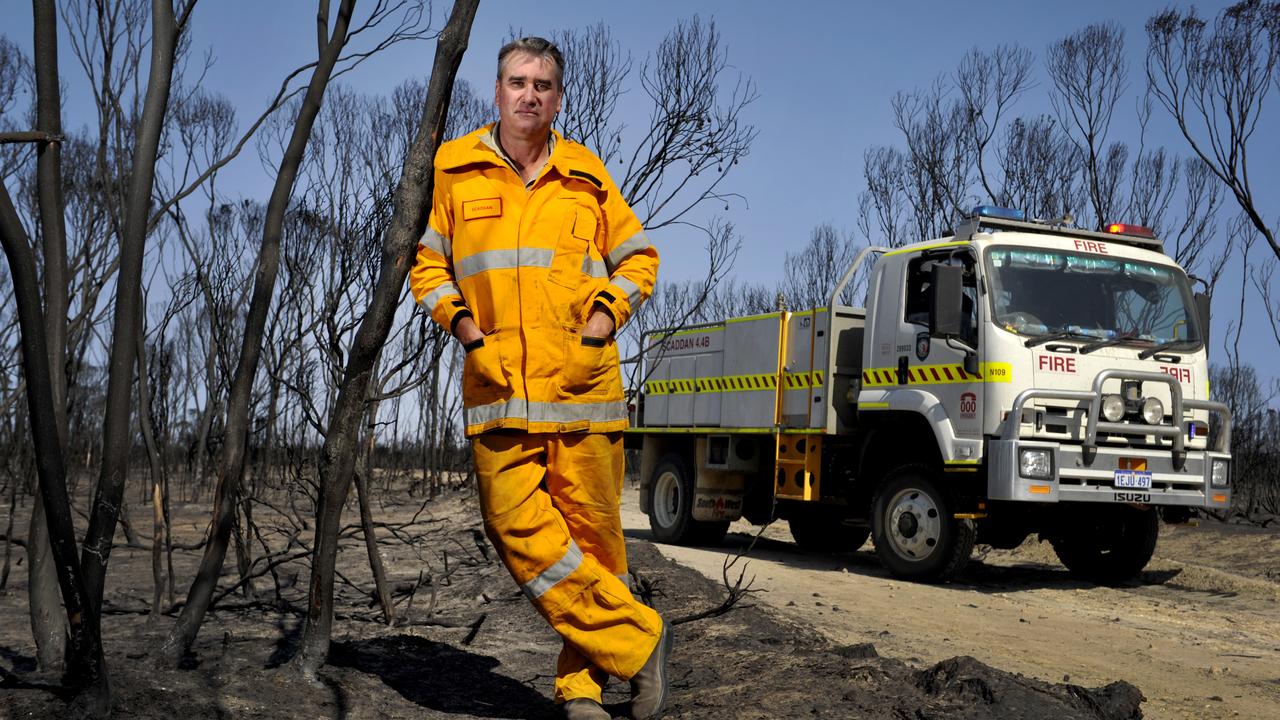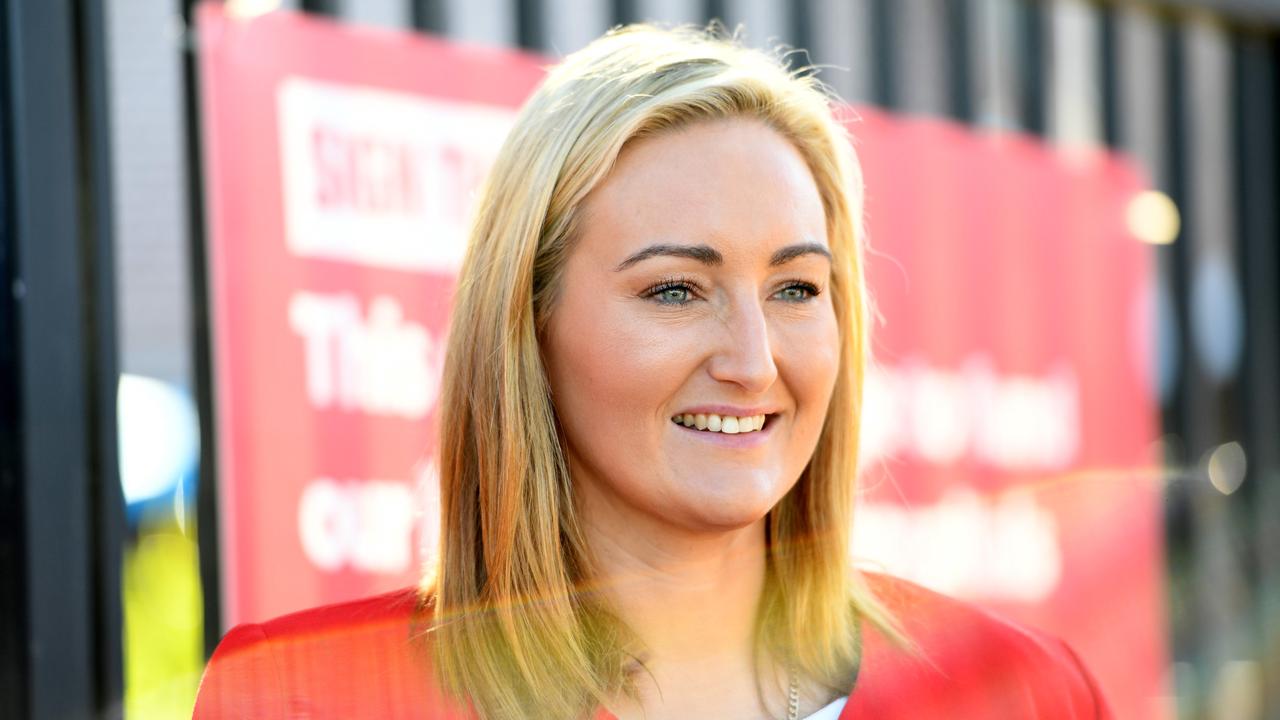Denis Napthine confirms Liberals will preference Greens last
THE Greens have suffered a setback in Victoria that could kill their chances of winning a lower house seat.
THE Greens have suffered a devastating setback in Victoria that could kill their chances of winning a lower-house seat and could cut the party’s representation in the upper house.
Victorian Premier Denis Napthine confirmed yesterday that the Liberal Party would preference the Greens last in the lower house, almost certainly depriving the minor party the chance of winning the seat of Melbourne.
Labor’s refusal to conduct a statewide preferences deal with the Greens has further harmed the party’s prospects.
As the major parties discuss preference swaps with the minor parties, there is a view that the Greens are in danger of losing one of their three upper-house positions.
Colleen Hartland, who represents the Western Metropolitan Region, is expected to be in a fight for her political life.
The Australian revealed earlier this month that Dr Napthine opposed any deal with the Greens, following on from his predecessor Ted Baillieu in 2010.
“We will put the Greens last as a general rule. If there’s extremist candidates, we will consider putting them below the Greens.” Dr Napthine said yesterday.
“In most cases, we’ll be putting the Greens last.”
Melbourne Greens candidate Ellen Sandell claimed that the Liberal Party was effectively endorsing the Labor candidate for the seat, Jennifer Kanis.
“We’ve always planned to win without preferences within our own right, just like Adam Bandt did with a 7 per cent swing,” she said. “It’s not really any surprise that Labor and Liberal are colluding to try and keep the Greens out but we know we can win without them.’’
Dr Napthine has left open the option of putting other candidates last, but only if they are radicals, for example white supremacists.
The Liberals are expected to preference the anti-abortion Christian party Rise Up Australia, whose leader Daniel Nalliah once blamed the Black Saturday bushfires on Victoria’s abortion laws. He later retracted the claim.
The decision by both major parties to reject preference deals with the Greens has the potential to change the political landscape in Victoria.
It could also create ongoing challenges for the Greens as they attempt to widen their influence by electing candidates to Victoria’s lower house, something they have failed to do.
The party has adopted a strategy of concentrating resources in one electorate, to borrow from the model that won Mr Bandt the federal seat of Melbourne.
In a state sense, the Greens have for several elections talked up the chances of winning up to four seats, all of which are in the inner city.
Dr Napthine said the Greens could not be trusted.
“The Greens will threaten the future of our strong economy,” he said. “They will destroy jobs and put Victorian families at risk.”
The Greens say they had already assumed they wouldn’t get the preferences.
While the Coalition had control of the upper house in the most recent parliament, it is expected to lose that influence.
There is speculation that the Country Alliance or the Palmer United Party could break through and win a seat or seats in the upper house for the first time.
With AAP



